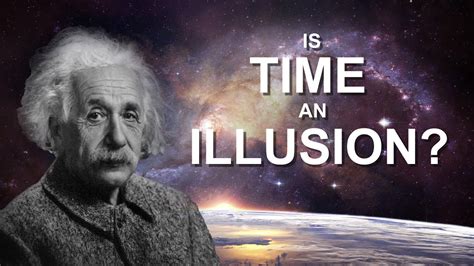The idea that time could be an illusion created by quantum entanglement is not new, but it has been revitalized by recent theories and discussions in the scientific community. This notion challenges our basic understanding of time, a concept that has been fundamental in various fields from physics to philosophy. The discussions have been particularly invigorated by the suggestions arising from the Page and Wootters (PaW) mechanism, which offers a framework where time is treated as a quantum observable and emerges from entanglement between a system and a ‘clock’—an idea that some believe to be a circular reasoning. Nevertheless, it propels us to rethink the fabric of reality and the constructs that govern our understanding of the universe.
One of the key takeaways from these discussions is that our traditional conception of time—as a linear, flowing entity—is increasingly seen as a convenient fiction. Commenters on forums have pointed out that practical aspects, like deadlines and daily schedules, assume the existence of time as a linear sequence of events, while the underlying reality may be fundamentally different. Just as our perception of color is a brain-generated phenomenon resulting from the interaction of light waves with sensory apparatus, time might similarly be a constructed experience arising from deeper, underlying processes. If time is indeed emergent from the quantum level, it would upend centuries of scientific thinking and philosophical pondering about temporal experience.
The theory that time is an emergent property from quantum entanglement invites us to delve deeper into the mechanics of how this process could occur. The PaW mechanism suggests a model where two quantum systems, one acting as the clock and the other as the evolving system, are entangled. This interaction supposedly lets us infer ‘time’ based on the state of the clock system. However, as some critics argue, describing time this way creates a paradox: a clock is defined by its ability to measure time, so using it to define time in a quantum system seems inherently circular. Despite this, the model also provides an operational framework for defining time that doesn’t necessarily rely on classical concepts, which may be an important step forward in our understanding of quantum systems.
While the theoretical aspects of such a concept are intriguing, they also bring up several philosophical questions. For instance, if time is an illusion, what does that imply for our understanding of causality, sequence, and change? Are events not genuinely occurring in a sequence but are merely our brain’s method of processing entangled states? Such thoughts echo the block universe theory in relativity, where past, present, and future are equally real and exist simultaneously. It’s a view where time is like a dimension in space, freeing it from the constraints of a linear progression.
Moreover, the implications for free will and determinism are profound. If everything exists in a static, timeless state, and we are merely experiencing it as though time flows, does that mean all our choices and actions are predestined? This deterministic outlook can be both liberating and terrifying. In a static block universe, we might question the very essence of what it means to ‘act’ or ‘decide’. But, as some argue, our subjective immersion in the illusion of time makes our experiences and decisions meaningful, regardless of the deeper reality.
It’s fascinating to consider how our perception synchronizes this ‘quantum entanglement’ into a coherent flow. Human consciousness might act as the ‘clock’ that creates the sequence we perceive as the past, present, and future. Discussions have drawn from comparisons to ancient philosophical ideas and contemporary theories in physics, pointing to our cognitive processes as the interpreters of these fundamental quantum phenomena. Alan Watts’ philosophical teachings, for instance, reflect on the interconnectedness and continuity of life much like the proposed quantum models, reinforcing that our direct experience of the world is deeply tied to these conceptual structures.
In conclusion, asserting that time may be an illusion rooted in quantum entanglement is transforming the way we understand the universe profoundly. While the theory is subject to debate and ongoing scrutiny, it opens fascinating dialogues among scientists, philosophers, and thinkers alike. It suggests a future where our models of the cosmos are more intricately tied to the unseen, entangled realms of quantum mechanics, challenging us to rethink the very nature of existence and experience itself. This bold direction posits that what we perceive and measure as time is just a layer over a much more complex and intricate reality yet to be fully uncovered.


Leave a Reply